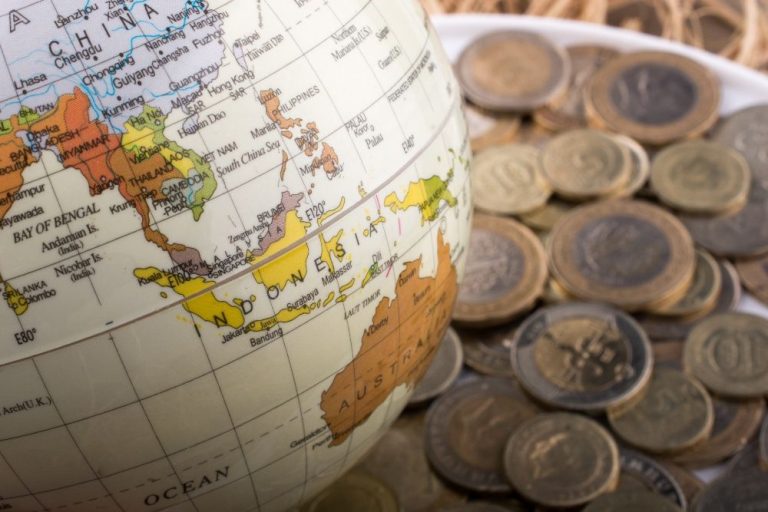During a recent summit, Brazilian President Luiz Inacio Lula da Silva highlighted the necessity of creating new payment systems for the BRICS nations.
He stressed the importance of financial independence and suggested that their New Development Bank could be a viable alternative to conventional Bretton Woods institutions.
Lula, speaking via video link due to a recent head injury, underlined the importance of a multipolar financial system that reflects the BRICS group’s goals for the global economy.
He advocated for a serious, cautious approach to this issue, supported by technological expertise, and recommended fast action.
Can BRICS lead to economic development and global significance?
Lula emphasized BRICS’ critical role in reforming the international financial structure, moving away from a paradigm in which developing countries predominantly assist industrialized countries.
He emphasized the bloc’s contribution to global economic progress and its role in developing a more equitable international trade environment.
In addition to economic topics, Lula reiterated his calls for diplomatic negotiations between Russia and Ukraine and denounced Israel’s military actions in Gaza.
He cautioned against the potential conflict escalation in the West Bank and Lebanon. His emphasis on diplomacy aligns with BRICS’ mission to encourage discussion and peacefully resolve global disputes.
BRICS growth and Russian leadership
Originally made up of Brazil, Russia, India, China, and later South Africa, the BRICS diplomatic group has since expanded to include countries like Egypt, Ethiopia, Iran, and the United Arab Emirates.
Russian President Vladimir Putin has played a key role in enhancing BRICS’ stature as a counterbalance to Western influence in global politics and trade.
President Lula da Silva’s proposals for new financial strategies among BRICS nations are a significant move towards achieving financial self-reliance and reforming the global economic system.
As BRICS continues to grow its impact and push for diplomatic resolutions to worldwide conflicts, its contribution to fostering a multipolar world is becoming increasingly vital.
Brazil’s position on Venezuela’s attempt to join BRICS
In a bid to reduce its isolation on the global stage, especially after the recent presidential elections, the Venezuelan government is moving to join BRICS, which includes countries like India, Russia, Iran, China, South Africa, and Brazil.
However, it is encountering strong opposition from Brazil, a nation that was once considered a supporter.
President Luiz Inacio Lula Da Silva has reportedly directed his foreign minister, Mauro Vieira, to reject Venezuela’s application for membership.
Furthermore, Celso Amorim, a key international affairs advisor to the Brazilian administration, has voiced his concerns about Venezuela joining the group.
He highlighted the need for caution to ensure that BRICS doesn’t expand too quickly.
While Russia, China, and Iran maintain close relations with Venezuela, Brazil’s prominent role in South America makes its viewpoint particularly impactful in this situation.
A decision by Brazil to deny Venezuela’s entry could significantly hinder Venezuela’s diplomatic efforts and highlight the hesitance of much of the international community to overlook the events of the July 28th presidential elections.
The post Brazil’s Lula calls for development of alternative payment systems within BRICS appeared first on Invezz

